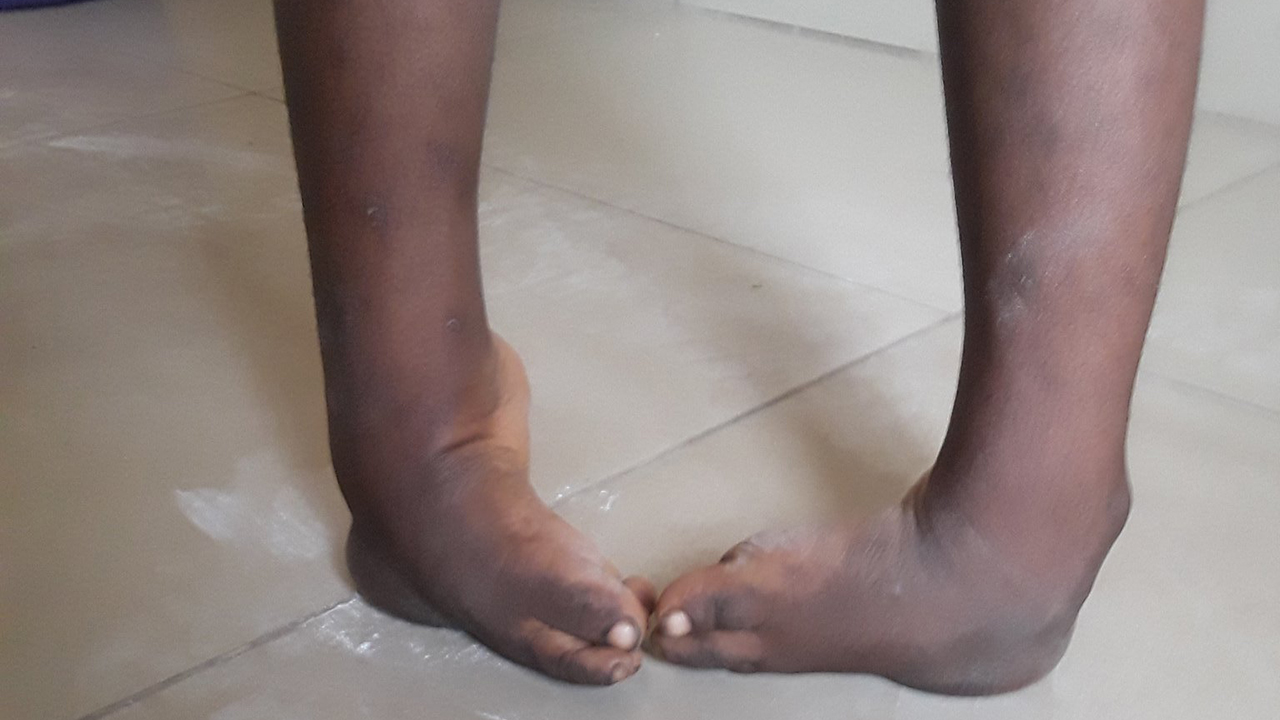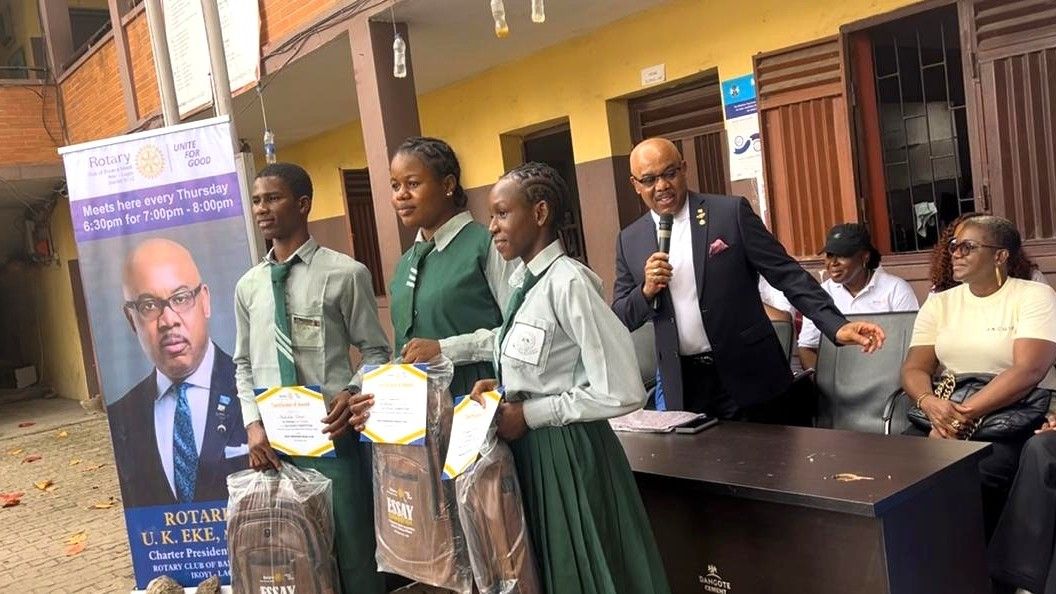
• Petrol surges to N1,025 per litre in Lagos amid drop in global crude oil price
• Dangote seeks end to petrol importation, says over 500m litres in refinery’s reserve
Lagos residents yesterday woke up to another hike in the pump price of petrol as the Nigerian National Petroleum Company Limited (NNPCL) again raised the price of Premium Motor Spirit (PMS) to N1,025 per litre from the previous rate of N998 while reports from Abuja indicate that prices have surged to N1,060 per litre.
This price adjustment comes despite a recent drop in global crude oil prices from $78 to $72 per barrel, leaving many questioning the basis for the hike.
The Guardian observed that most NNPCL retail stations adjusted their pump price to the current rate while other marketers were still unaware of the changes and maintained the old rate.
This is the third price adjustment within two months as NNPCL had in September, increased the product price from N615 per litre to N897 while the company had on October 9, raised petrol prices from N897 per litre to N1,030 in Abuja, and N998 in Lagos from N885.
All efforts by The Guardian to get confirmation from the company’s Chief Corporate Communications Officer, Olufemi Soneye, proved abortive as calls and messages sent to his phone were unanswered as of the time of this report.
The increase comes more than one month after the NNPC commenced petrol lifting at the Dangote Petroleum Refinery after an extended period of price negotiations. On September 15, NNPC said petrol was bought from the Dangote refinery at N898 per litre, a claim the refinery countered, describing it as “both misleading and mischievous”.
A day after, the national oil company announced estimated pump prices based on prices set by the Dangote refinery for its petroleum products, saying petrol will sell for N950 in Lagos and N999 in Abuja.
However, President of Dangote Group, Aliko Dangote, yesterday advised petroleum marketers to halt the importation of petrol as his refinery has enough stock to meet the needs of local demand. He said Dangote Refinery presently has over 500 million litres of petrol stocked in its tanks awaiting evacuation by buyers.
According to him, the stock, given the rate of current local fuel consumption, can last the country 12 days even with zero importation.
The business mogul spoke at the Presidential Villa, Abuja, after the implementation committee on the sale of crude and petrol in naira met with President Bola Tinubu. The meeting follows months of speculation that Dangote had fallen out with the president and NNPC, which has not been supplying his refinery with enough crude.
He further lamented that he is running at a loss by storing half a billion of fuel in tanks, while Nigerians are groaning in the streets without products.
“With enough supply of crude, we can produce much more than 30 million litres daily. At full capacity, we can even supply whatever is being consumed. But what I estimated as consumption, which I believe may be about 30 to 32 million, that we can even start producing that by next week, so it is not an issue, because, as we speak today, we have 500 million litres in our tanks.
“And you know, I’m also putting my name online by giving Mr President my word that, yes, we will be able to supply the market minimum of 30 million per day, and we’ll be ramping up. So, we’re ready. We’re more than ready,” he said.

On why petrol scarcity has persisted in the country despite his boast of huge product stock, the richest man in Africa said his company is not involved in retailing and can, therefore, not do much to help in that regard, urging retailers to come forward and buy off the available product rather than resort to importation.
“Well, one thing that you have to understand is that we are producers. I have a refinery. I’m not in the business of retail. If I’m in the business of retail then you hold me responsible. But what I’m saying is that the retailers should please come forward and pick.
“If they don’t, come forward and pick, what do you want me to do? So, I am expecting either NNPC or the marketers to stop importing, they should come and pick because we have what they need. And you know, as they remove, I will be pumping. I don’t know whether you understand what it takes to keep half a billion litres inside our tank. It’s costing me money every day.
“We have what it takes for them to come and collect. We are not retailers. We also don’t have trucks to send. We have a factory; we have where they can load. If they come and pick, they will go and sell and they have been doing that with importation. So, if they’ve been doing that with importation, if it’s true, they are doing 55 million, I see no reason why they won’t come and collect our own and distribute.”
Minister of Finance and Coordinating Minister of the Economy, Wale Edun, had earlier said the meeting with President Tinubu was to review the crude for naira policy to the Dangote Refinery.
This is as the President commended the implementation committee, asking members to resolve any teething problems. At the review meeting in the State House, Abuja, President Tinubu said that using the Naira was conceived to remove the exchange rate hurdle.
“Whatever solution we proffer in crude oil and refined products sales in Naira should not take us back to our experience in the last 40 years. There can be cost and revenue adjustment in the oil sector, but the issue is that the government will not have to go back to the old way of doing things,’’ the President stated.
He urged various players in the oil sector, including NNPC and Dangote Refinery to work on improving the economy and livelihood of Nigerians.
The President urged stakeholders to look inward and consider supplying enough petrol and petroleum products for local consumption to stop the persistent reliance on importation. He said this would enable the channelling of foreign exchange into the development of the real sector.
At the meeting, the Federal Inland Revenue Service Chairman, Zach Adedeji, who chairs the technical committee, said importing refined products should end once we can produce enough to meet domestic needs.
Other stakeholders at the meeting included Prof. Benedict Oramah, the President and Chairman of the Board of Afrexim Bank, and Abubakar Atiku Bagudu, the minister of budget and national planning and Group Managing Director of NNPC Limited, Mele Kyari.
The President’s Special Adviser on Energy, Olu Verheijen, and the CEOs of NIMASA and Nigerian Ports Authority also attended, along with Gbenga Komolafe, head of Upstream Regulator, and Farouk Ahmed, head of Midstream and Downstream Regulator (NMDPRA).






